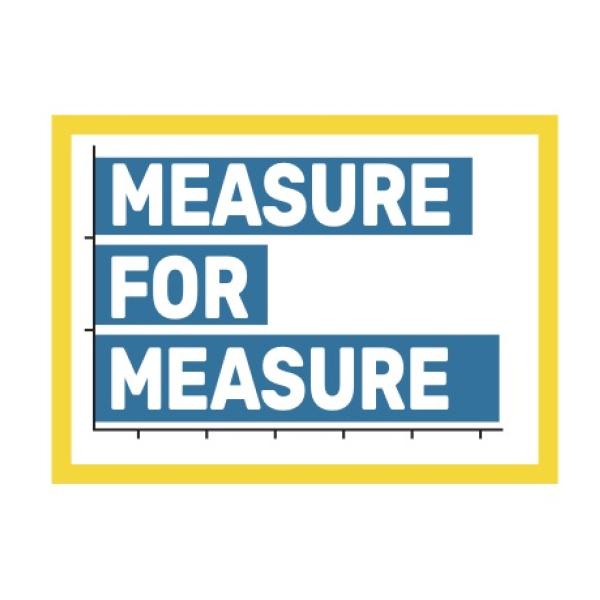Hey Ishmael: Call Me Maybe?

It started as so many good things do: over a drink. Logan Smalley and Stephanie Kent were at a bar one evening in New York when the conversation turned to books, and specifically, to first sentences of novels. In any such conversation, three words in particular are invariably mentioned: “Call me Ishmael,” the iconic opening of Herman Melville’s Moby Dick. What came next was a question that in hindsight, seems unthinkable no one had ever asked before: What if you really could call Ishmael? “We quickly realized that it was a pun worth keeping,” Smalley said.
Smalley and Kent set to work creating Call Me Ishmael, a platform for people to tell personal stories about books they love, with the hopes of connecting people with their next great read. They set up a cell phone number for Ishmael, which goes straight to voice mail and prompts people to anonymously leave a message about “a book you’ve loved and a story you’ve lived.” A few times a week, Smalley transcribes a message by typewriter, filming the text as it scrolls up the typewriter carriage in time to the audio.
Although Smalley is no literary luddite—he and Kent both read and e-read—he said this particular project called for something more tangible than is typical in our digital age. “[People] want to call a complete stranger and tell them the really profound and potentially really personal story about how a book has affected them,” said Smalley. “That exchange, to us, necessitates something that feels very handmade and safe and comfortable, and gets a legitimate treatment. We wanted to make sure that everyone that calls knows they're being listened to, and that everything they say is being carefully considered, to the point where physical typewriter keys are bruising a piece of paper to leave their mark on it.”
This sentiment has been further amplified in Call Me Ishmael’s latest iteration, which allows people to access Ishmael’s story collection offline. In this extension project, replicas of vintage pay phones have been hacked so that each button, when pressed, will play a different message left for Ishmael. A successful Kickstarter campaign raised funds for the first ten phones, which will be installed in libraries and bookstores around the country. The phones can be programmed with staff picks at a bookstore; to promote upcoming author visits and readings; or with students’ personal stories at school libraries.
“We have this mandate for the company that everything we do be as simple and mysterious as the first sentence of Moby Dick,” said Smalley. “We feel that that phone is extremely simple—press a button, hear a story—but at the same time it's very surprising. It's not hard to understand why an iPad is not as simple or surprising as the first sentence of Moby Dick.”
Perhaps it’s this intriguing combination of simplicity and surprise—of mystery and ease—that has made the project so popular. Thousands of people have called Ishmael to share their lives over voicemail, and to reveal personal—and sometimes painful—parts of themselves after the beep. According to Smalley, this compulsion to share these stories of the page—and in turn, our compulsion to listen to them—exposes the special nature of literature, and the unique role it plays in our lives.
“The exchange between writer and reader is one of the deepest and most carefully created artistic exchanges that there is,” said Smalley. “Writers spend months if not years if not decades hunched over telling their story through a typewriter or a keyboard or a pen. Then a reader spends a significant amount of time curled up taking that story in and filtering it through their own life experiences. It's such a focused and deep experience that the effects are both immediate and long-term. So I think when a book really resonates, or allows you to have an experience that you never would have had, then you feel a real need to let someone know. It's an incredible part of life that helps you feel part of a community, that helps you feel not alone. We spend our whole lives with this little voice inside our heads that no one will actually ever hear, even the people we're closest to. I think that books and love and friendship come the closest to making that voice feel heard. It's a really amazing thing.”
Ishmael’s Favorites
We asked Smalley about favorite voice mails Ishmael has received. Here are three:
Thirst by Mary Oliver
"I used this book to serenade the trees of Sevier Park in Nashville, Tennessee." Ishmael's take: “The story is about a girl who decided to read a poem out loud to the trees because she was so moved by it. It sounds wacky, and it is, and that's why it's so awesome.”
The Diary of a Young Girl by Anne Frank
"It changed who I am." Ishmael's take: “It helps you think about how common it is to think everything we're writing will be read after we're gone. When in fact it's a very rewarding experience to think that it can also be read while we're here.”
The Atlas of Human Anatomy for the Artist by Stephen Rogers Peck
“I’ve drawn my entire life, but when I was about 16 I decided I wanted to be an artist for a living.” Ishmael's take: “It's this great story of artistic apprenticeship passed on through books.”




